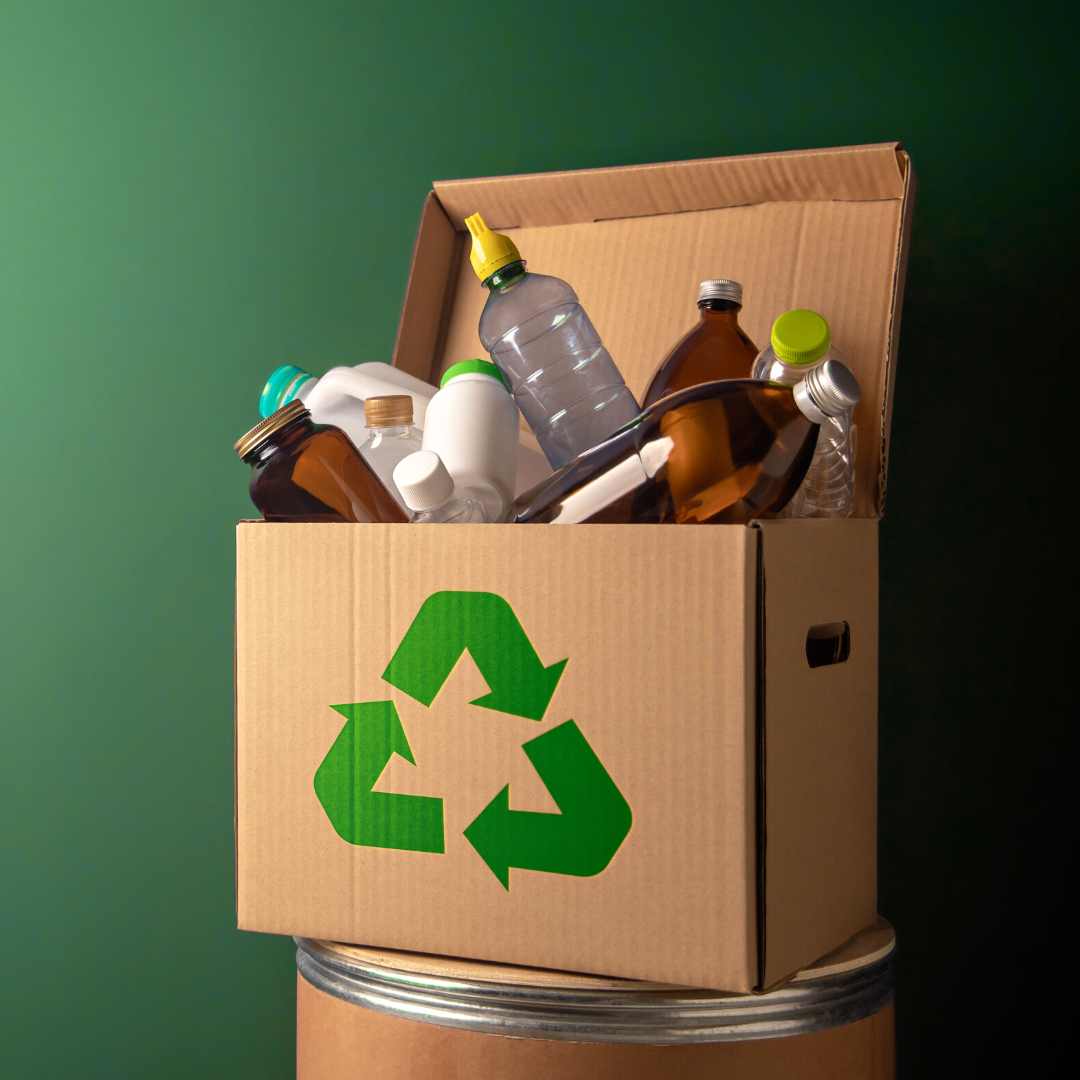Mandatory redemption of glass, metal and plastic bottle in Hungary from January

A new mandatory redemption system of glass, metal, and plastic bottles and cans will be implemented from January 2024, said Anikó Raisz, State Secretary for Environment Protection and Circular Economy, Ministry of Technology and Industry on Friday at the Planet Budapest 2023 Sustainability Expo and Experience Programme.
Large-scale redemption programme
According to Index, the new measure is part of a larger transformation of the Hungarian waste management system, Raisz emphasised, which aims to establish a sustainable cyclical economy. In such an economy, waste is not disposed but recycled and reused in the production cycle of goods. The redemption of certain materials benefits both the domestic economy and individual consumers, as it reintroduces previously unusable materials to the economy, as well as encourages manufacturers to produce durable and long-lasting products.
Promising figures
The Hungarian Ministry of Technology and Industry plans to implement redemption measures in cooperation with manufacturers and retailers with the use of concessions. In Hungary, around 20 million tons of waste is produced annually. With the involvement of concessionary companies, almost 4,5 million tons of this waste can be treated and reused. These figures are important in reaching European Union-wide environmental goals, as well. The European Commission, Raisz highlighted, has a number of regulations planned that would affect the waste management sector, for example, the target to double the recycling rate of municipal waste by 2030.
How will it be done?
The mandatory redemption of glass, metal, and plastic waste will apply to cans and bottles of specified capacities and will be available in grocery stores with a sales floor larger than 400 square meters in towns exceeding 1,000 residents. Single-use packaging will be redeemed for HUF 50 (EUR 0.13) across all sites, while the recycling fee for multi-use packaging will be determined by manufacturers.
Besides the concession model, which the recycling system is a part of, new extended producer responsibility (EPR) legislation has been set forth in cooperation with EU regulations. EPR laws use financial incentives to encourage manufacturers to reduce the waste associated with their production, to use more recycled materials and to lengthen the lifespan of their goods.
Author: Dóra Busi


Won’t work under the SPA return glass / plastic bottle arrangement for REFUND.
If you don’t return to machine for your CREDIT to the shop of purchase – you won’t get a CREDIT.